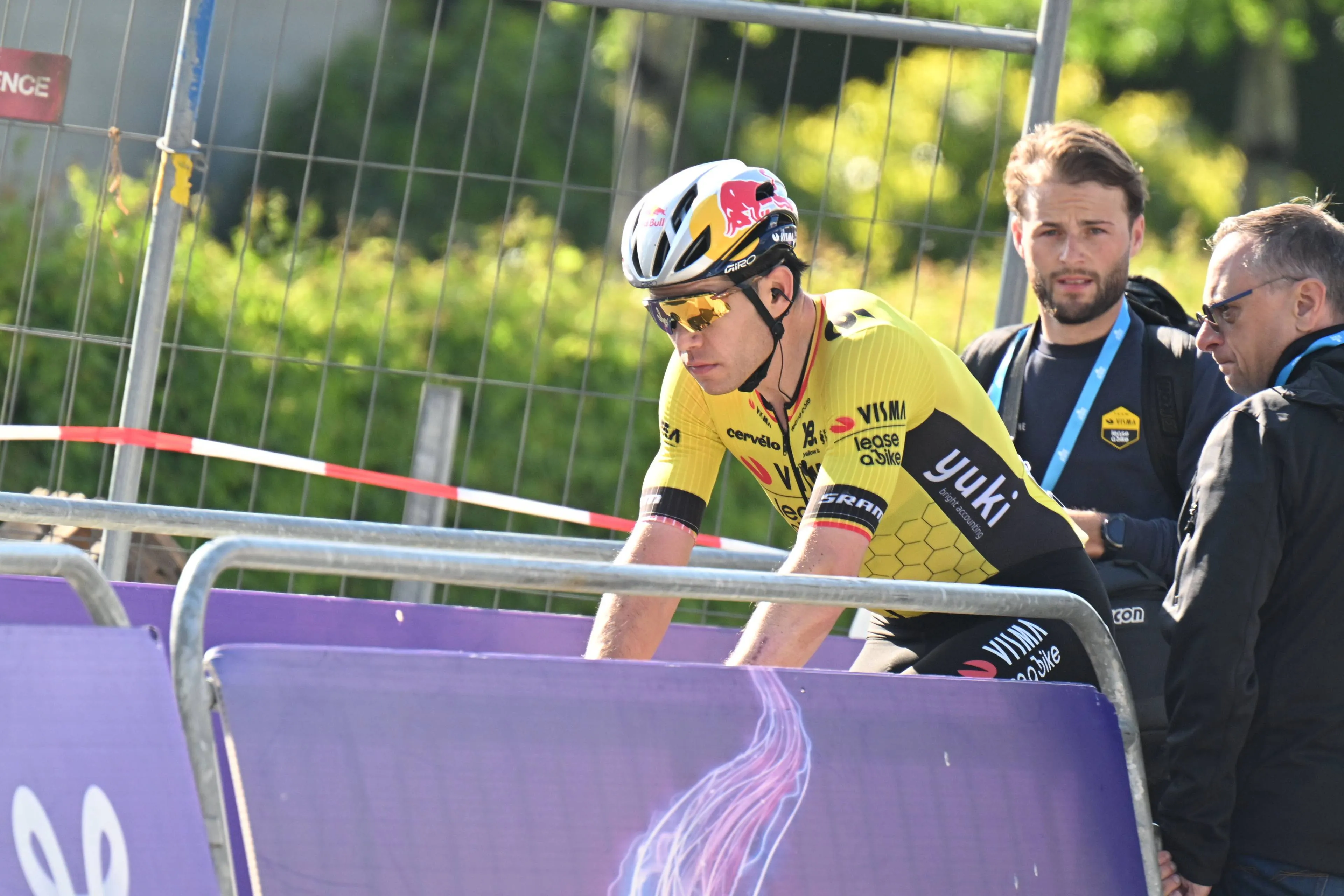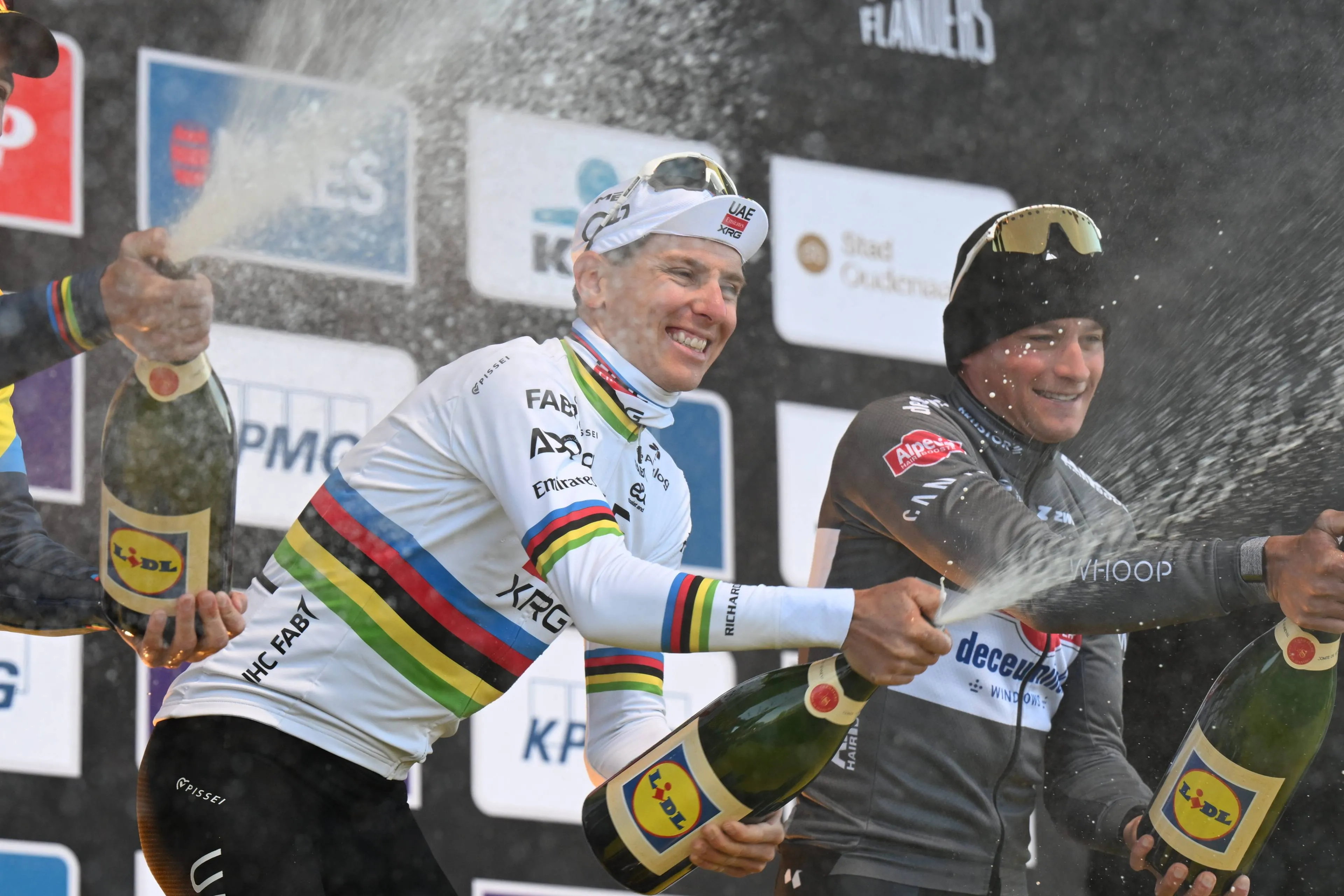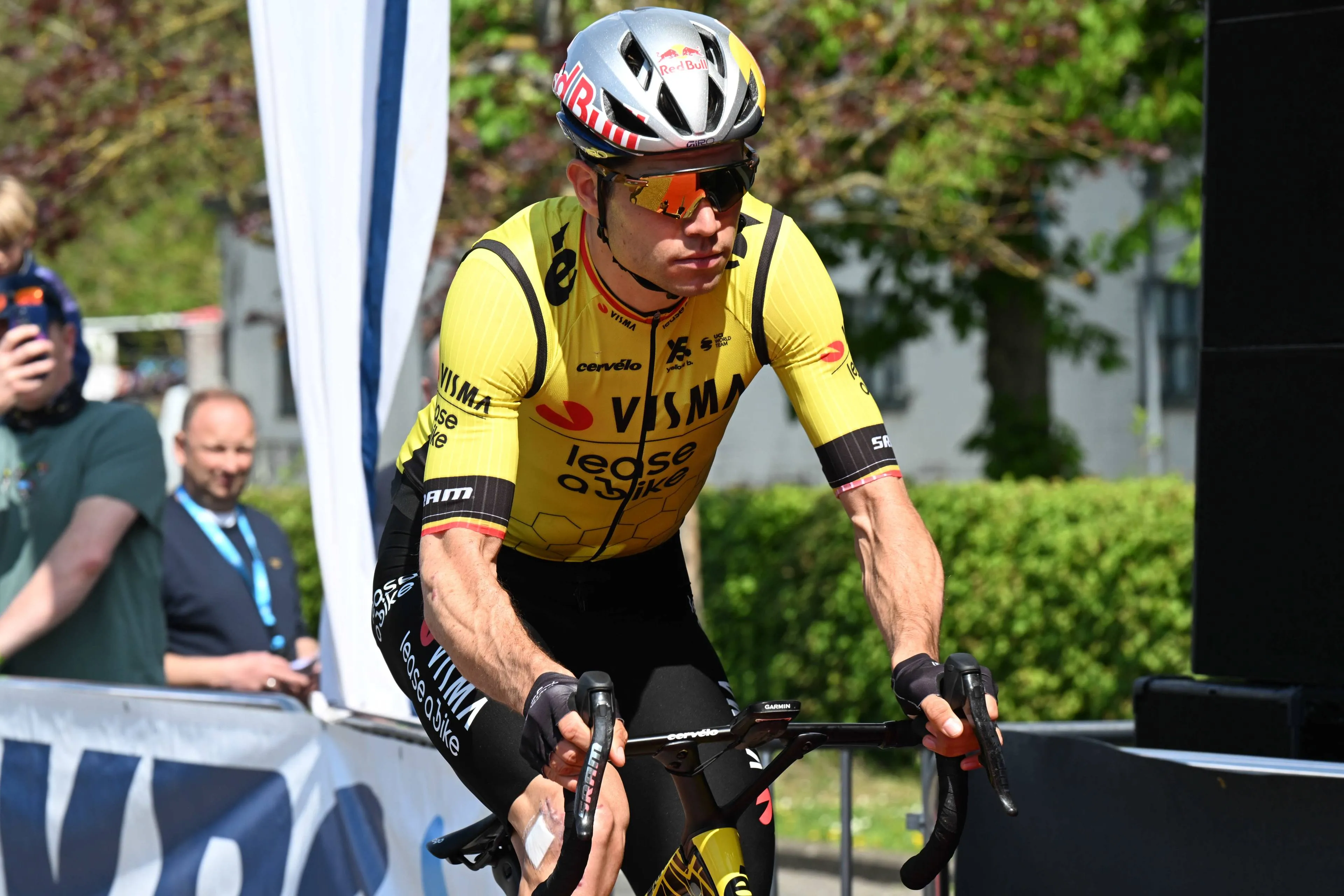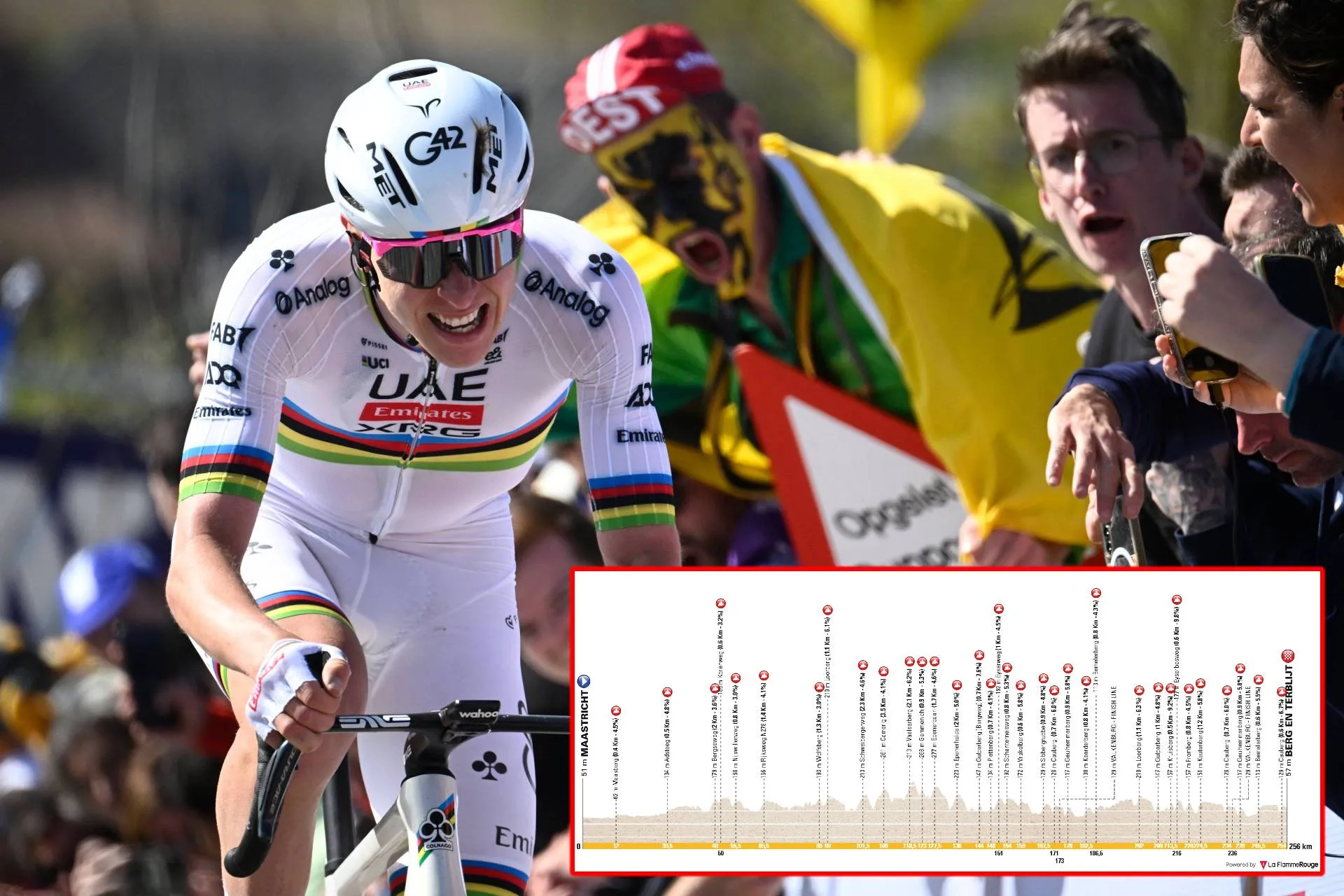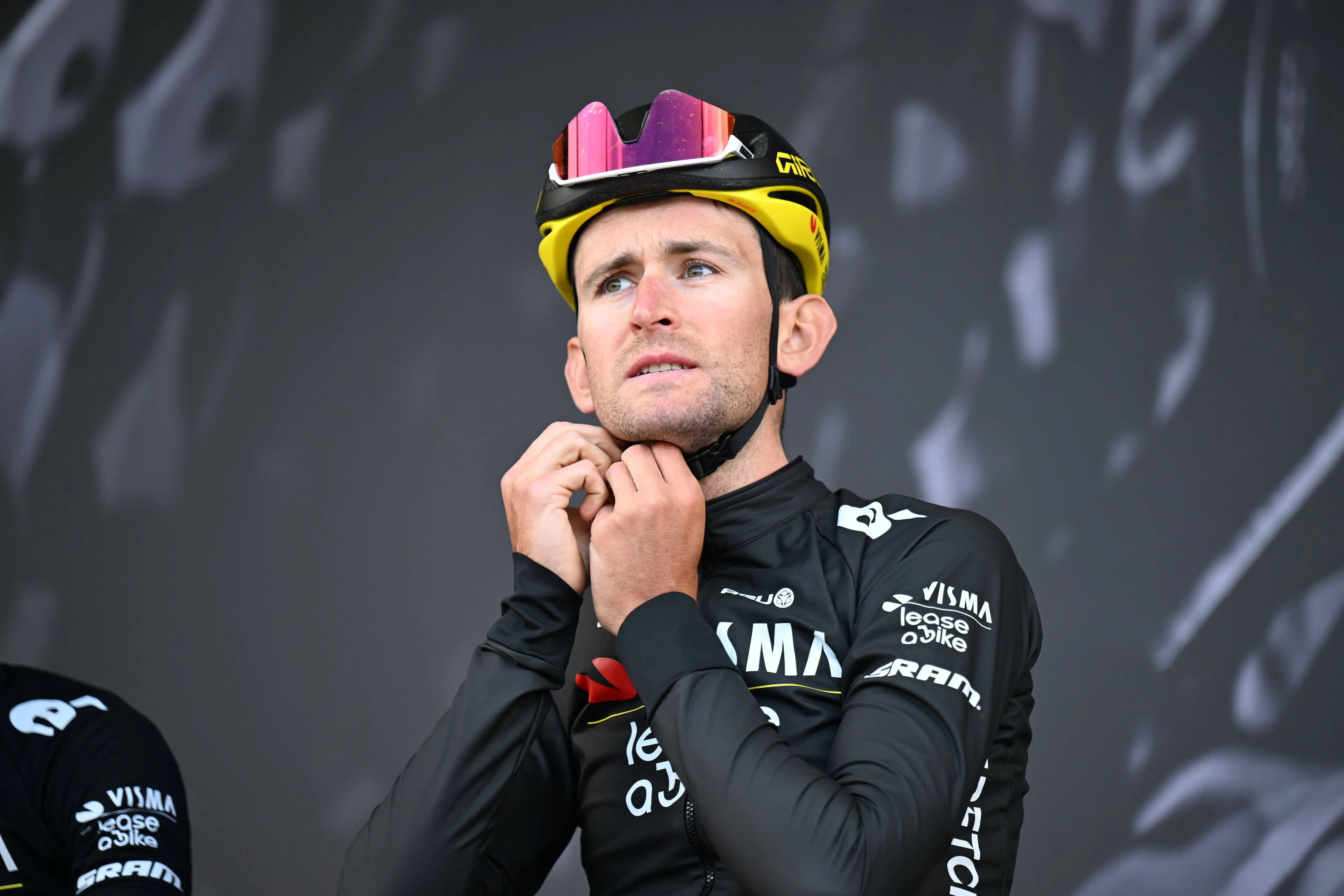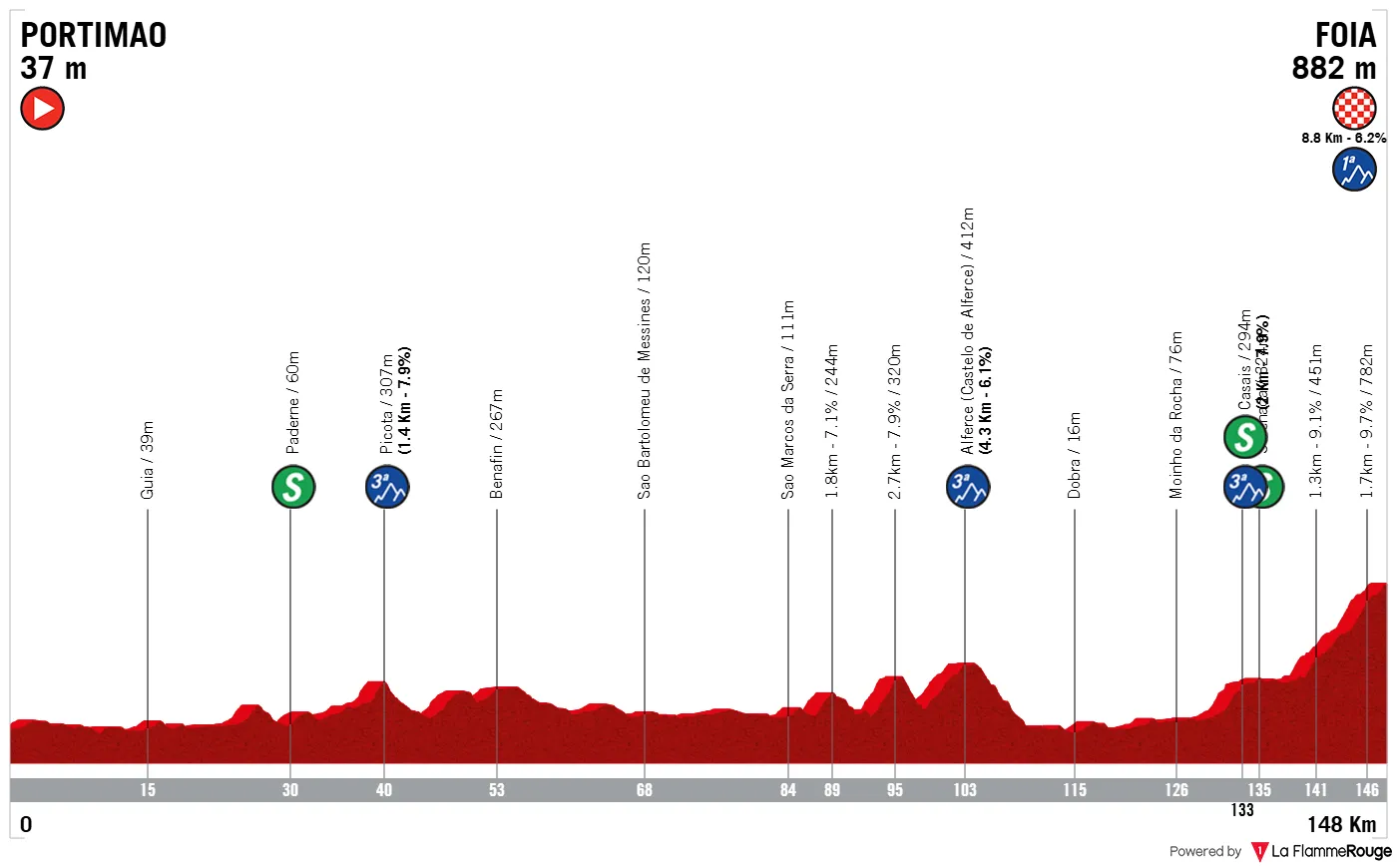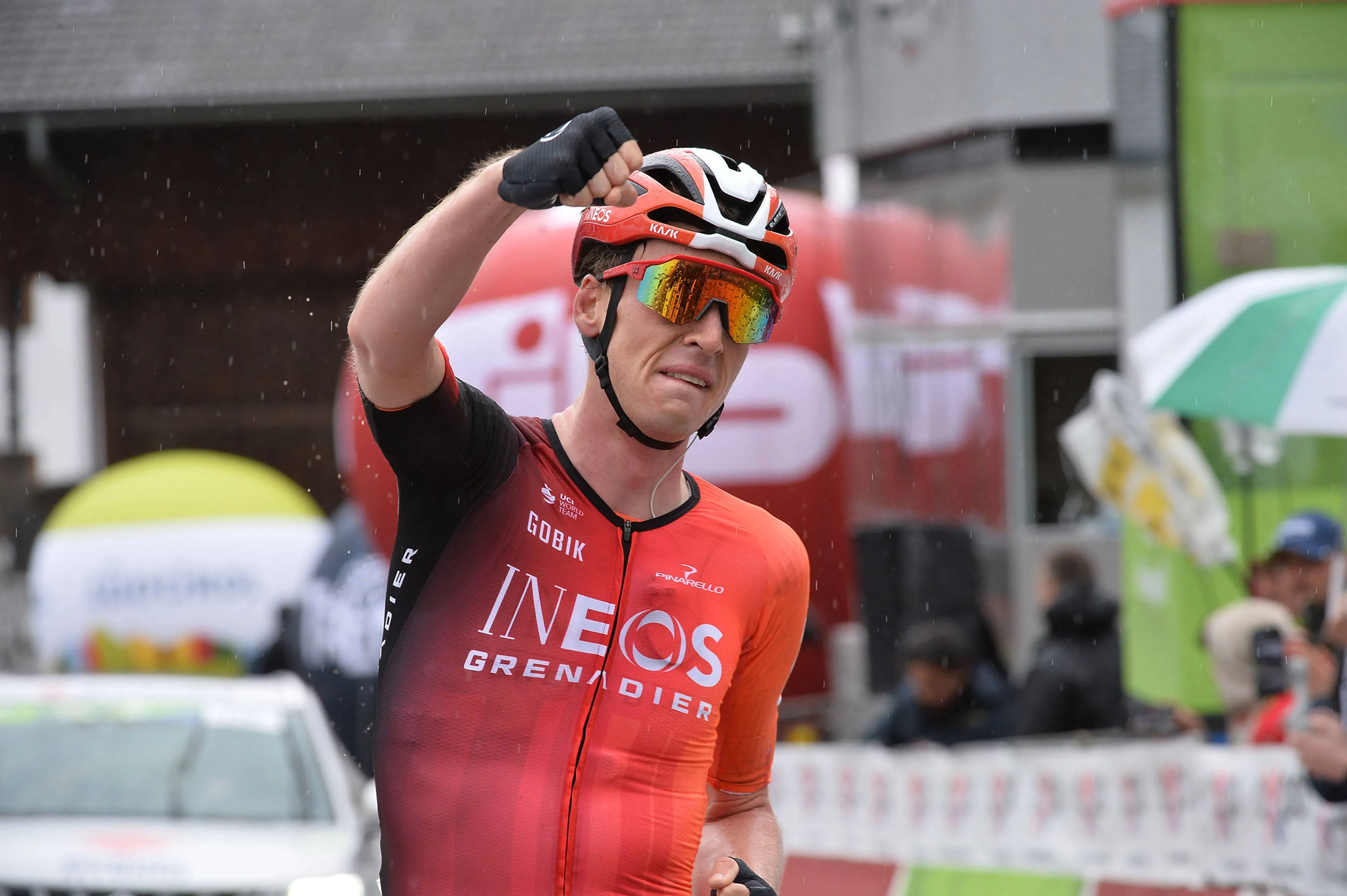Iconic climb returns to Amstel Gold race ahead of Pogacar vs Evenepoel showdown: “We have a generation that races differently than 10 years ago”
CyclingSunday, 20 April 2025 at 07:00

The 2025 edition of the Amstel Gold Race takes place this
Sunday, and anticipation is high for what promises to be a thrilling showdown.
Tadej Pogacar, Remco Evenepoel, and Wout van Aert headline a stacked field,
with the Dutch classic once again positioned as a key battle in the Ardennes
calendar.
This year’s race will feature 34 climbs across more than 250
kilometres, and notably, the iconic Cauberg will return to the final of the
race for the first time since 2016.
Read also
Now under the organisation of Flanders Classics, the
decision to reintroduce the Cauberg was a collaborative one.
"It was a joint decision," explained CEO Tomas Van Den Spiegel to
Sporza. "We have a generation that races differently than 10 years
ago."
The move reflects a broader evolution in race dynamics over
recent years, "The current generation races differently than 10 years ago,
when it was decided to take the Cauberg out of the final lap. Back then, people
waited for the final climb – like in la Fleche Wallonne – to pull out all the
stops."
"We think that the current generation will not
wait," he added. "Recent history and certainly the last few weeks of
racing have shown that they are going from very far away."
Read also
Van Den Spiegel also highlighted the significance of the
Cauberg for both the race and its fans.
"The Cauberg is also the epicentre of the Amstel, where many spectators
stand. It would be a shame not to reintegrate that if we think it is a good
idea."
As Flanders Classics takes over the reins, their approach is
one of careful, gradual development, "We now mainly want to see what is
going well and what layer we can add with our expertise," said Van Den
Spiegel.
"We think there is more in it than is currently being
achieved. We do not have to do that too quickly and force it. There is already
a very nice match, so we want to continue building on the fantastic story that
Leo van Vliet has written over the past 30 years."
Read also
The goal, he says, is to enhance the event while preserving
its heritage, "In the coming years we want to make it an even better
competition step by step, without affecting the history and recognisability of
Dutch Limburg."
Van Den Spiegel concluded by underlining the importance of
the Amstel Gold Race to Dutch cycling as a whole, "The Amstel Gold Race
must remain the engine of Dutch cycling. 15,000 people are already
participating in the tour on Saturday. We are happy and honored that we can
contribute to that."
Read also
claps 1visitors 1
Just in
Popular news
Latest comments
- What do you call only seeing someone’s positives?Mistermaumau19-02-2026
- Remco banging his leg, just like he banged his saddle when pog dropped him. He ain't fooling anyone with those antics. I'm not a hater, but he's a bit overrated on serious climbs.Santiago19-02-2026
- Obviously isn’t learning from the Epstein fallout. The more you unravel the past the more undiscovered mess appears.Mistermaumau19-02-2026
- I like Tadej a lot (a lot, a lot) but you're a little exxagerated... Allow me to give you some advice: Never become a fanatic for something or someone (neither pro nor against, haters are against-fanatics). And never idolize human beings.
 maria2024202419-02-2026
maria2024202419-02-2026 - What about them? What did they get away with in the end?Mistermaumau19-02-2026
- If I were Johan Bruyneel, I would be careful what I wish for... There is a high likelihood that revealing your side of the story will actually make things WORSE for you! Also, I suspect Lance will make himself look like the victim and throw you and everyone else under the bus!Pogboom19-02-2026
- As per a great many on the world stage...you must be beside yourself amongst them all!
 leedorney19-02-2026
leedorney19-02-2026 - Well, you might be right because the overlap is really quite small even though the individual audiences might be more significant. BUT if you’re trying to say there’s little chance anyone not totally aligned with these characters’ life choices is going to sponsor their ventures, yes, totally agree.Mistermaumau19-02-2026
- I'm not
 leedorney19-02-2026
leedorney19-02-2026 - And the Europeans - Manolo Saiz Once team manager, the Festina team, do you want me to go on.. ?
 leedorney19-02-2026
leedorney19-02-2026
Loading
Write a comment
